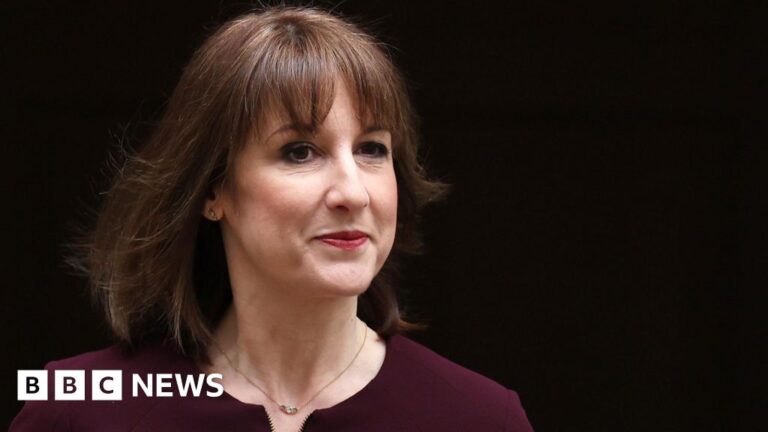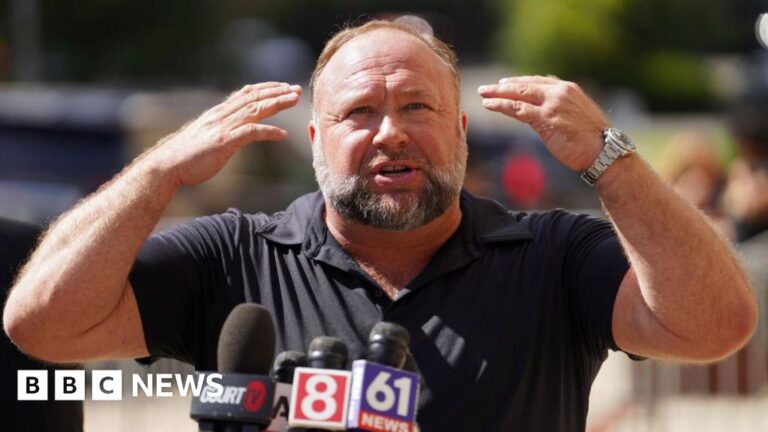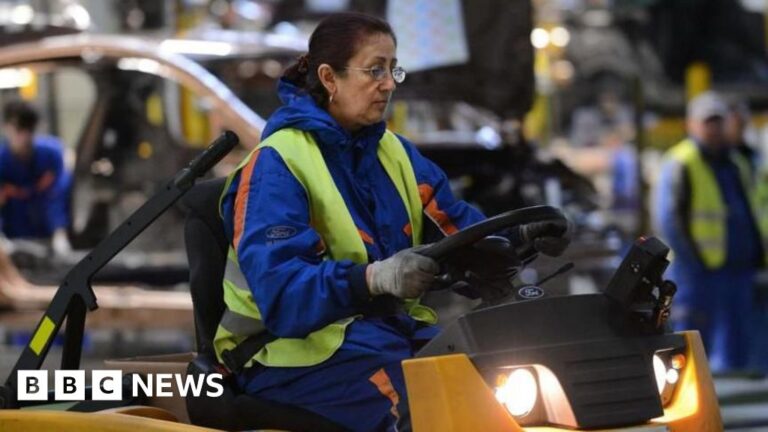EU-China relations have reached an “inflection point”, European Commission President Ursula von der Leyen told her Chinese counterpart Xi Jinping at a one-day summit in Beijing. “As our co-operation has deepened, so have imbalances,” von der Leyen said, referring to the European Union’s huge trade deficit with China. She also warned China’s ties with Russia were now the “determining factor” in its relations with the EU. Xi urged EU leaders to “properly manage differences”, saying “the current challenges facing Europe do not come from China”. The EU’s 27 member states are grappling with similar pressures to China, not least the tariffs imposed on their exports to the US. But despite this, expectations were low that anything significant would emerge from the summit, which had been halved in length to just one day, at Beijing’s request. During a meeting in Beijing’s Great Hall of the People, Von der Leyen and European Council President António Costa called for both sides to find “real solutions”. “It is vital for China and Europe to acknowledge our respective concerns,” von der Leyen said. Xi called for “mutual trust” with EU countries at the meeting, state news agency Xinhua reported. “Boosting competitiveness [does not come from] building walls or barriers, as decoupling and severing supply chains will only result in self-isolation,” he said. Last year, the EU recorded a €305.8bn trade deficit with China, a number that has doubled in the past nine years. The EU has criticised China for industrial overcapacity and imposed tariffs on Chinese electric vehicles. Rebalancing will involve increasing market access for European companies in China, reducing export controls and limiting the impact of overcapacity, von der Leyen said. China’s foreign ministry said after the meeting that Beijing was ready to work with relevant countries to “enhance dialogue on export controls”. Von der Leyen and Costa also said they had pressed China to use its influence to persuade Russia to end its war in Ukraine. “How China continues to interact with Putin’s war will be a determining factor for our relations going forward,” von der Leyen told a news conference at the end of the summit. The EU’s decision to impose sanctions last week on two Chinese banks for their role in supplying Russia has annoyed Beijing in the run-up to this summit and made for an awkward climate. China said it had lodged “solemn representations” to the EU’s trade chief ahead of the summit. And reports that Chinese foreign minister Wang Yi told EU foreign policy chief Kaja Kallas this month that Beijing did not want to see Russia lose the war in Ukraine – contradicting China’s official position of neutrality – have also been circulating. Wang reportedly said that the Russia-Ukraine war would keep the US distracted from its rivalry with China – something Beijing has denied. Kallas had earlier this year called China the “key enabler of Russia’s war” in Ukraine, adding that “if China would want to really stop the support, then it would have an impact”. Trade relations have been central to the EU’s concerns. After the EU imposed tariffs on Chinese-made electric vehicles last year, Beijing came up with retaliatory duties on European liquor. And this month, Beijing restricted government purchases of EU medical devices – a response to the EU imposing similar limitations on Chinese medical equipment in June. And perhaps more importantly, China also raised export controls on rare earths and critical minerals this year and the European Commission’s von der Leyen has accused Beijing of using its “quasi-monopoly” on the global market in rare earths as a weapon to undermine competitors in key industries. Europe is already frustrated by seeing its industries threatened by cheap, subsidised Chinese goods. In an earlier interview with Chinese state-linked news outlet The Paper, China’s ambassador to the European Union Cai Run took issue with the EU’s positioning of China as a “partner for co-operation, economic competitor, and systemic rival”. “The EU’s threefold positioning of China is like a traffic light going green, amber and red lights all at once. Not only does it fail to direct traffic, it only creates difficulties and obstruction.”
Source link




